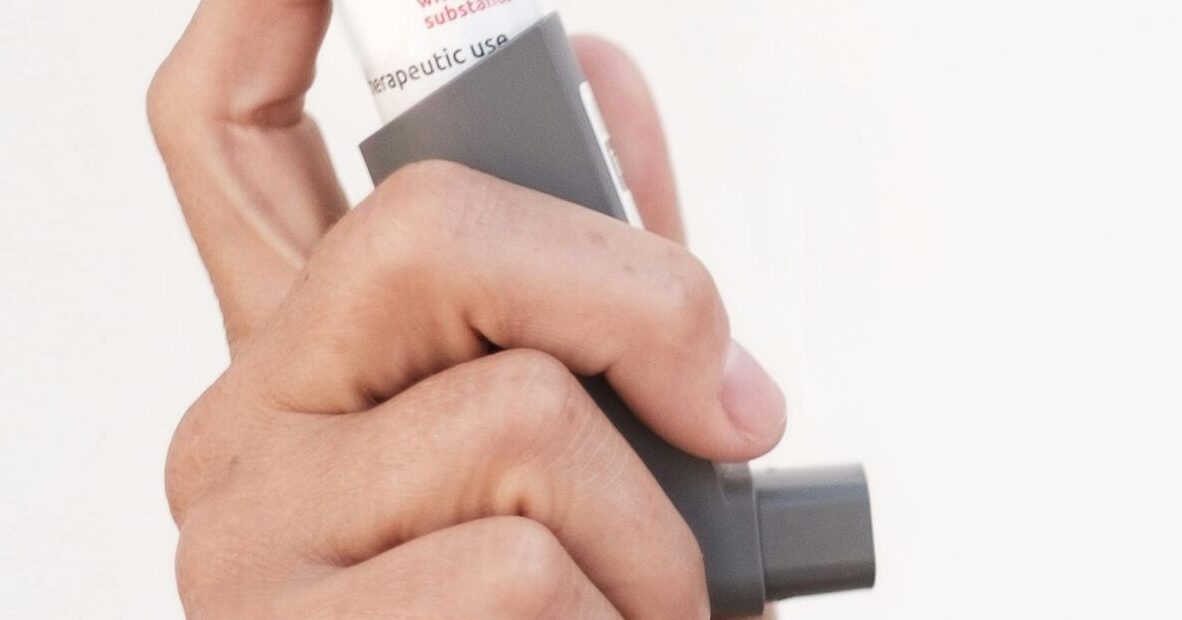Research For The Future home page
Research for the Future is an award-winning, NHS supported campaign that helps people find out about and take part in health and care research. Getting involved in research means you are helping to discover new ways to prevent, diagnose and manage illnesses.
Everyone is welcome to register with Research for the Future, whether you have a health condition or not. The only requirement is that you must live in England and be 18 or over. Registering means you will receive information about opportunities to take part in research.
We have opportunities to get involved in research across all health conditions as well as for healthy volunteers.
There are many different types of research to get involved with including:
- completing a survey or questionnaire
- being part of a discussion group
- trialling new technology or testing new equipment
- helping to develop and design a research project
- being involved in a clinical trial.
We also have five areas of particular interest, our ‘Help BEAT’ campaigns, and we are especially keen to hear from people living with one, or more of these health conditions. Our current campaigns are Help BEAT Diabetes, Help BEAT Heart Disease, Help BEAT Kidney Disease, Help BEAT Respiratory Disease and Help BEAT Coronavirus.
Current studies

Restoring integrity of airway epithelium in asthma
Helping to identify and treat flu infection in people with asthma.
Find out more about: Restoring integrity of airway epithelium in asthma

Restoring integrity of airway epithelium
Healthy volunteers needed to help identify and treat flu infection.
Find out more about: Restoring integrity of airway epithelium

EXTOD-Active (breaking up sitting)
Assessing the effect of regular active breaks on vascular function and glucose control in people with type 1 diabetes.

Driving with Neuropathy
Assessing whether a visual feedback system will allow drivers with diabetic neuropathy to drive more safely.

Brain tumour research
Investigating how brain and skull-based tumours develop and progress. Healthy volunteers.

ADAMS: Multiple sclerosis study
Study looking to understand how genes cause multiple sclerosis in people from different ethnic backgrounds.

Parkinson’s Families Project (PFP)
Investigating the genetic causes of Parkinson’s Disease and other movement disorders.

Study archive
View all research opportunities and studies that we have promoted online
Find out more about: Maturity-onset diabetes of the young (MODY)











